Fire alarm monitoring is not just a safety feature; it’s a critical line of defense against the devastating impact of fires. By continuously supervising fire alarm systems, it ensures that any sign of it is immediately identified and responded to, minimizing the risk of injury or property damage. This system is particularly crucial in large buildings where a fire can spread quickly and unnoticed in unoccupied areas. Flame alarm monitoring connects to a central system that notifies emergency services instantly, ensuring a rapid response. It’s an essential part of any comprehensive safety plan, providing peace of mind and a higher level of security for both residential and commercial properties.
How Fire Alarm Systems Work
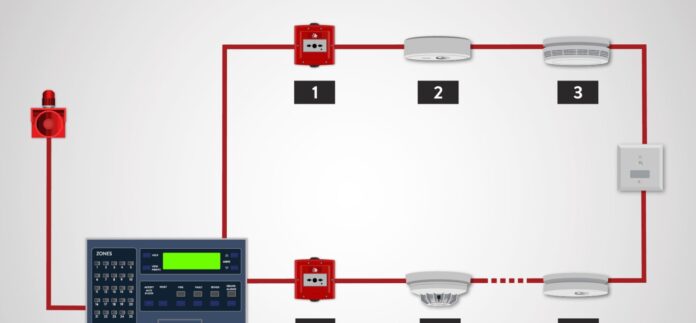
Fire alarm systems are designed to detect and alert occupants of potential flame outbreaks through a network of sensors, control panels, and alarms. These systems work by monitoring environmental changes associated with combustion. Once a sensor detects smoke, heat, or both, it sends a signal to the control panel, which then activates the alarm system. This setup not only alerts the occupants of the building but also sends an alert to the monitoring center. The oversight center then takes the necessary steps to alert emergency services.
Immediate Detection and Alerting
The immediate detection and alerting capability of fire alarm monitoring systems are critical for ensuring safety. These systems are designed to detect the earliest signs of a flame, such as smoke or abnormal heat, and promptly initiate an alert. This prompt action is crucial, as it provides occupants with the maximum possible time to evacuate safely. It also allows for quicker activation of firefighting measures, which can often prevent a small incident from escalating into a major catastrophe. The immediate alert not only sounds alarms within the building but also sends notifications to the necessary services and, in some cases, directly to local fire departments, further reducing the time it takes for emergency responders to arrive.
Reducing Response Time in Emergencies
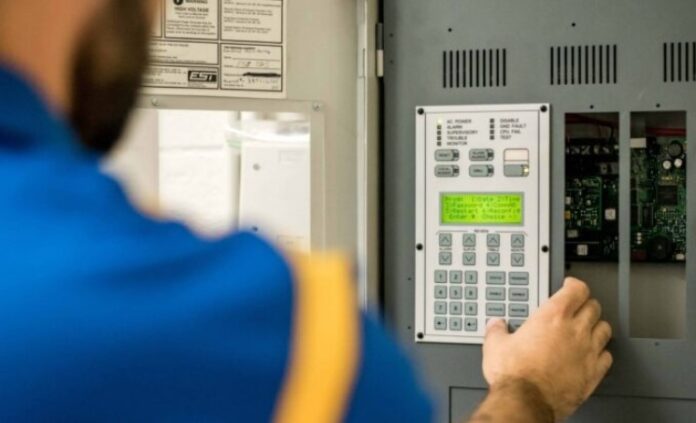
Fire alarm monitoring plays a vital role in reducing response times in emergency situations. In the event of a fire, every second counts. The sooner fire alarm monitoring services are alerted, the quicker they can respond, potentially saving lives and minimizing property damage. These services are immediately notified when a flame alarm system is triggered, allowing them to quickly contact and dispatch local fire departments. This rapid communication is crucial, especially during off-hours or in buildings that are not constantly occupied. The reduced response time facilitated by an alarm monitoring can make a significant difference in controlling the flames early and preventing it from spreading, thus mitigating the overall impact of the fire.
24/7 Monitoring for Comprehensive Safety
Fire alarm monitoring offers 24/7 surveillance, ensuring that your property is protected at all times. This constant vigilance is crucial, especially during non-working hours or when buildings are unoccupied. It ensures that emergencies are not only detected but also acted upon immediately, regardless of the time of day. This round-the-clock monitoring service is backed by professionals who are trained to respond to alerts promptly and efficiently. They ensure that the right emergency services are notified without delay. This level of continuous oversight provides an added layer of safety, making it an indispensable tool for comprehensive protection strategies in both residential and commercial settings.
Types of Fire Alarm Monitoring Services
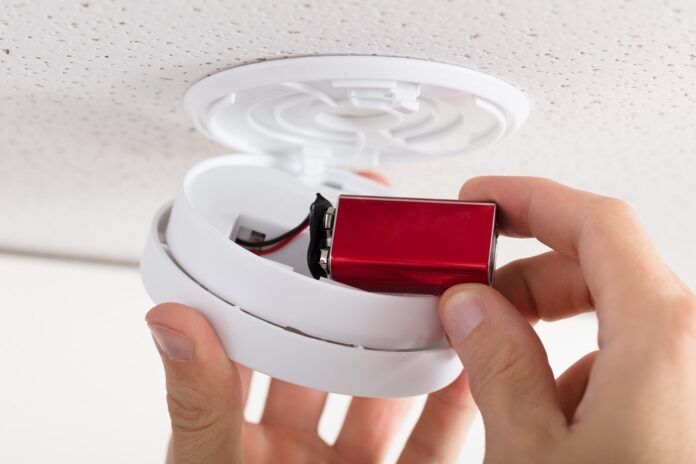
There are various types of fire alarm monitoring services, each designed to cater to different needs. The most common include traditional telephone line, IP-based, and cellular monitoring. Traditional phone line systems connect the alarm to the monitoring center via a standard telephone line. IP-based systems use internet connectivity for faster and more reliable communication. Cellular monitoring, on the other hand, uses wireless cellular networks, providing a more secure and tamper-resistant method of communication.
Benefits of Professional Monitoring
Professional fire alarm monitoring offers numerous benefits. It ensures a rapid response to fire incidents, potentially saving lives and reducing property damage. Professional monitoring services are equipped with advanced technologies and trained personnel who can quickly assess situations and take appropriate action. This service also provides regular updates and maintenance checks, ensuring that the system is always in optimal condition. Additionally, it can lead to potential insurance savings, as many insurance companies offer discounts for properties with monitored alarm systems.
Integration with Emergency Services
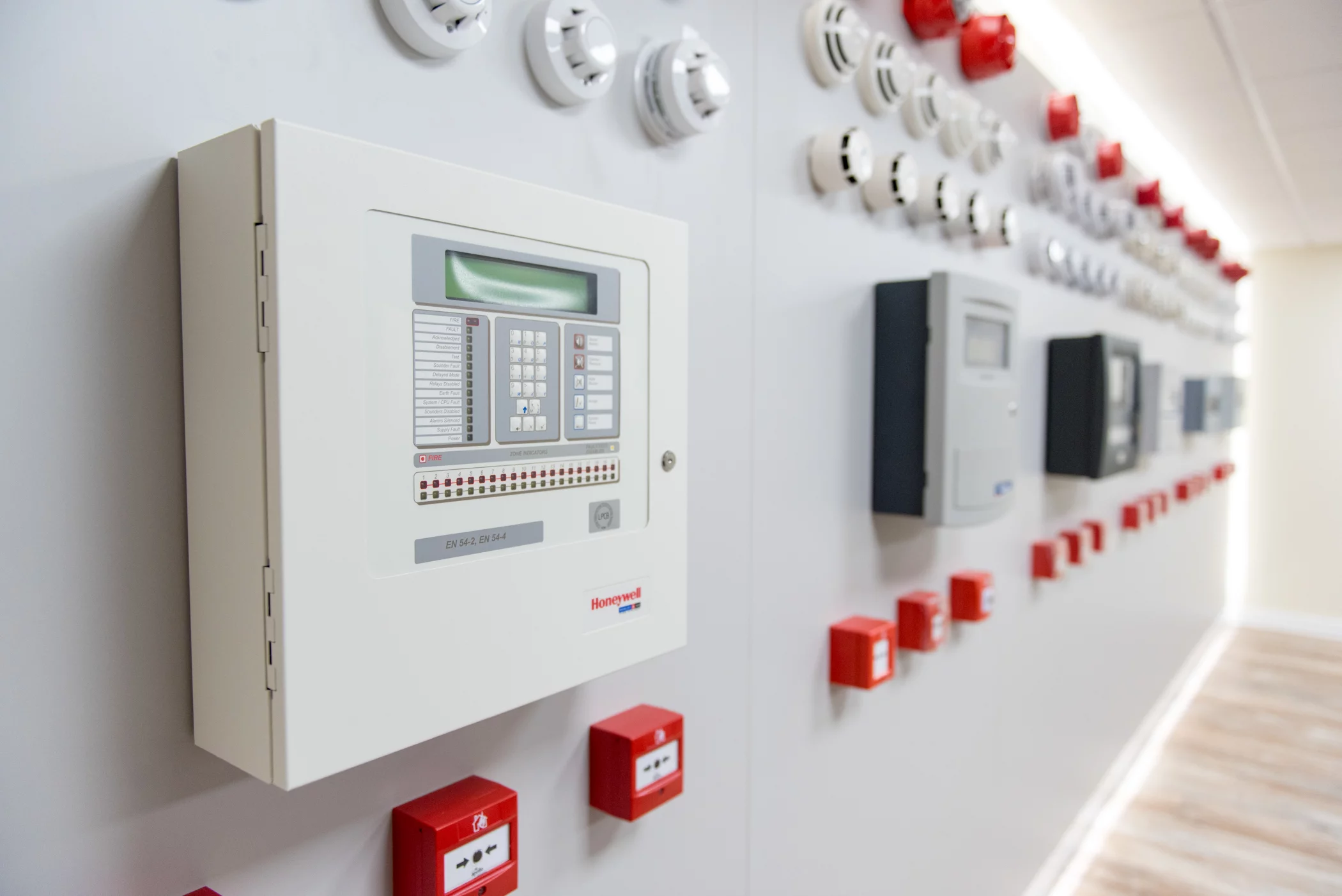
Integrating fire alarm monitoring systems with emergency services is a crucial aspect of modern fire safety strategies. This integration allows for immediate communication between the monitoring service and local fire departments. In the event of a flame, the monitoring service can provide crucial information to the responders, such as the location of the fire within the building and the best access points. This seamless collaboration not only speeds up the response time but also ensures that the emergency services are better prepared to handle the situation upon arrival, potentially saving more lives and reducing property damage.
Regular Maintenance and Testing
Regular maintenance and testing of fire alarm systems are essential for ensuring their reliability. Fire alarms can only be effective if they are in proper working condition. Routine maintenance checks ensure that all components, including sensors, alarms, and control panels, are functioning correctly. Regular testing allows for the identification of any issues or malfunctions that may hinder the system’s performance. By adhering to a maintenance schedule and conducting periodic tests, property owners can have confidence in the system’s ability to provide early warnings in the event of an flaming accident.
Compliance with Safety Regulations
Compliance with safety regulations is a legal requirement for both residential and commercial properties. Fire alarm monitoring systems must meet specific standards and regulations to ensure they operate effectively and reliably. Failure to comply with these safety standards can result in legal consequences and, more importantly, can jeopardize the safety of occupants. Therefore, it is crucial for property owners to stay informed about local safety regulations and ensure that their alarm monitoring systems meet or exceed these requirements.
Elevating Home and Business Security
Fire alarm monitoring systems do more than just detect fires; they also enhance overall security. These systems can be integrated with other security measures, such as surveillance cameras and access control systems, creating a comprehensive security solution. By combining fire alarm monitoring with other security features, property owners can have better control over their safety.
Peace of Mind through Fire Alarm Monitoring
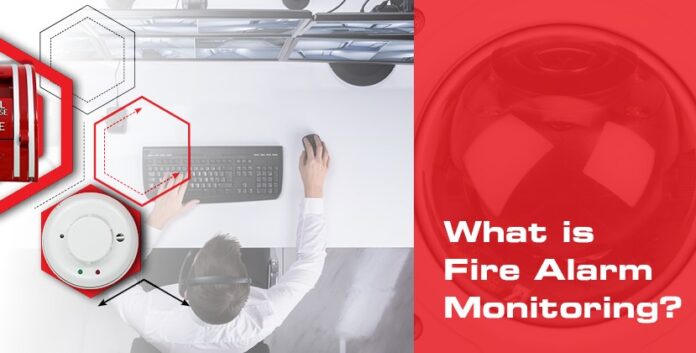
Perhaps one of the most significant benefits of fire alarm monitoring is the peace of mind it provides. Knowing that a reliable system is in place, constantly monitoring for fire threats, allows property owners to go about their daily lives without the constant worry of a fire breaking out unnoticed. This peace of mind extends to both residential and commercial settings, where the safety and well-being of occupants are of utmost importance.








